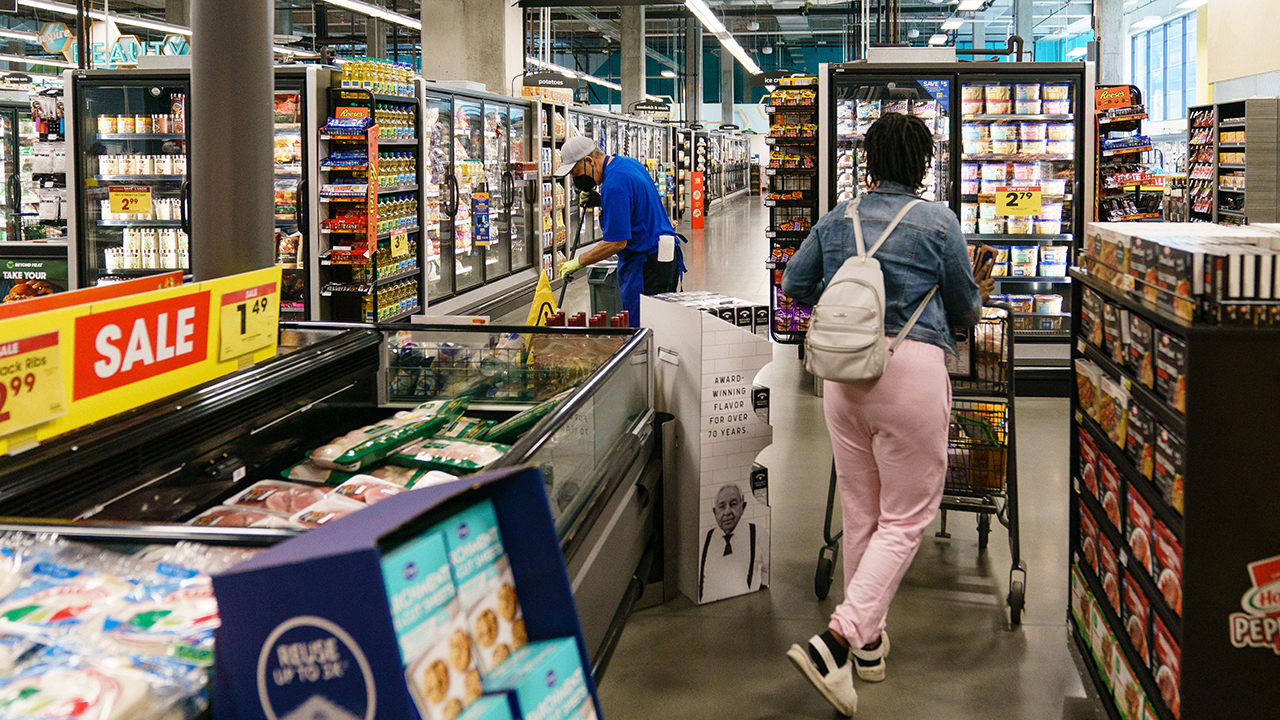Inflation slowdown? Not in some cities, where consumer prices still top 12%
Phoenix, Atlanta see highest inflation among US cities
Inflation is beginning to 'unwind': Brian Belski
BMO Capital Markets chief investment strategist Brian Belski thinks the market can still rally if the decreasing inflation 'trend' continues.
Inflation is finally beginning to show signs of slowing down in the U.S., but any financial relief that Americans may have felt hinged on where they lived.
The Labor Department reported on Thursday that the consumer price index, a broad measure of the price for everyday goods including gasoline, groceries and rents, rose 7.7% in October from a year ago, the slowest pace since January.
But in some parts of the country, the pace of inflation was much higher.
Several Mountain states have become a hotbed for inflation, with the region — which includes Arizona, New Mexico, Colorado, Utah, Nevada, Wyoming, Idaho and Montana — reporting that prices soared 9.3% in October.
INFLATION HOLDS GRIP ON US ECONOMY AS PRICES REMAIN STUBBORNLY HIGH
The spike is even worse in certain cities: Phoenix, for instance, recorded the highest inflation rate among large cities, with prices up a stunning 12.1% last month. While that's down from a peak of 13% recorded earlier this year, that's likely little consolation to residents facing painfully high prices.
The outsized increase is at least in part to soaring real estate prices as thousands of Americans look to relocate. In Phoenix, for instance, the typical home sold for $430,000 in September — nearly 9% more than the previous year, according to real estate brokerage firm Redfin.
THE FED'S WAR ON INFLATION COULD COST 1M JOBS
Consumer prices in the South Atlantic also rose faster than inflation did nationwide last month. In the region that encompasses Florida, Georgia, South Carolina, North Carolina, Maryland, Virginia and West Virginia, prices surged 8.3%.
Fed's rate path unlikely to change after CPI shows inflation cooling: Bill Baruch
Blue Line Capital president Bill Baruch reacts to the stocks soaring after new CPI data shows inflation edging down on 'Varney & Co.'
Within those states, Atlanta and Miami saw the biggest price spike, with inflation in both cities topping 10%.
Other states are also experiencing inflation that's well above the national average. Prices were up 8.4% in the West South Central region, which includes Texas, Oklahoma, Arkansas and Louisiana.
By comparison, prices in the mid-Atlantic — New York, New Jersey, Pennsylvania and Delaware — were far lower, climbing 6.8% in October from a year ago, slightly below the national average.
GET FOX BUSINESS ON THE GO BY CLICKING HERE
Scorching-hot inflation has created severe financial pressures for most U.S. households, which are forced to pay more for everyday necessities like food and rent. The burden is disproportionately borne by low-income Americans, whose already stretched paychecks are heavily impacted by price fluctuations.
Although American workers have seen strong wage gains in recent months, inflation has largely eroded those.
Average hourly earnings actually declined 0.1% in October on an inflation-adjusted basis. Compared with the previous year, earnings are down 2.8%, according to a separate BLS report.






















